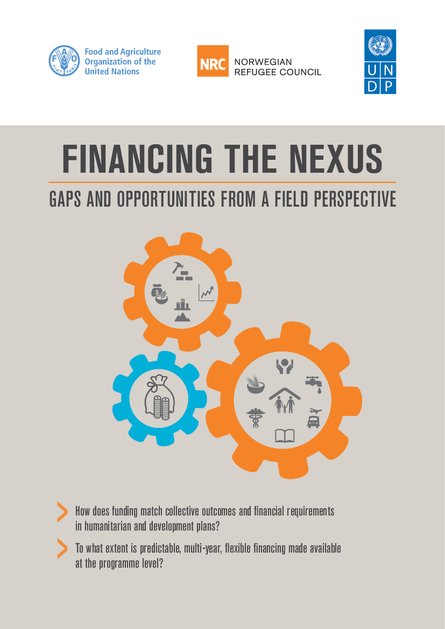
This study contributes to the Inter-Agency Standing Committee (IASC) humanitarian financing priorities of improving “aid effectiveness through more effective humanitarian development funding flows and mechanisms”. It has two goals: to document the extent to which predictable, multi-year flexible financing is available at the programme level; and to understand the extent to which funding matches Collective Outcomes or the financial requirements of interoperable humanitarian and development plans.
The findings draw on evidence gathered on five research missions to Cameroon, the Central African Republic (CAR), Chad, the Democratic Republic of the Congo (DRC) and Ukraine between November 2018 and March 2019. The study also includes reference to a complementary study carried out by the Organisation for Economic Co-operation and Development (OECD) in Uganda in 2018.
There is significant political support and goodwill across all levels of the humanitarian, development and peacebuilding constituencies towards the aspiration to work more collaboratively to reduce needs and vulnerability during and after crises. How “the nexus” will work in practice however, remains far from clear. Funding and financing tools, instruments, policies and approaches have not yet had time to adapt to this new policy agenda and findings on the current status of financing across the nexus represent the baseline. This is an opportune moment, therefore, to consider the strategic role financing should play, not just as a source of funding for projects and programmes, but rather as tool to enable and incentivise behaviour and outcomes across the nexus.
